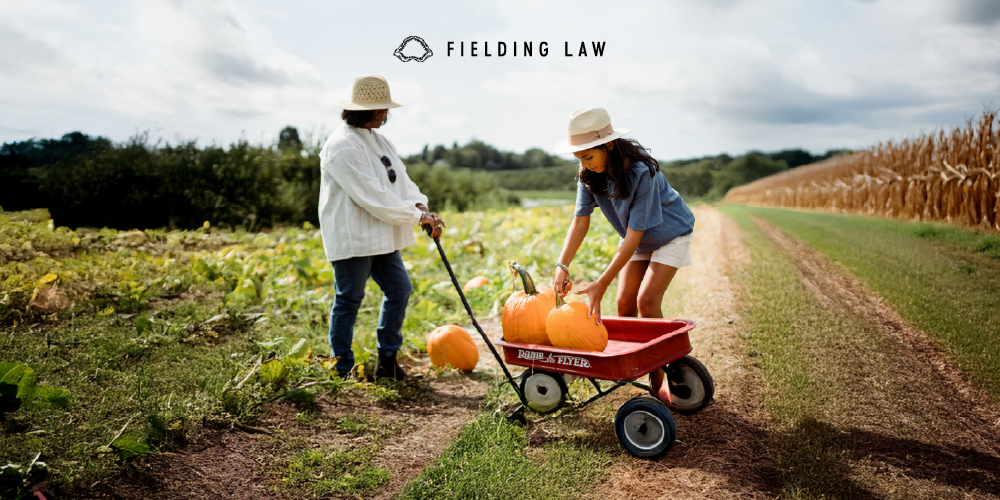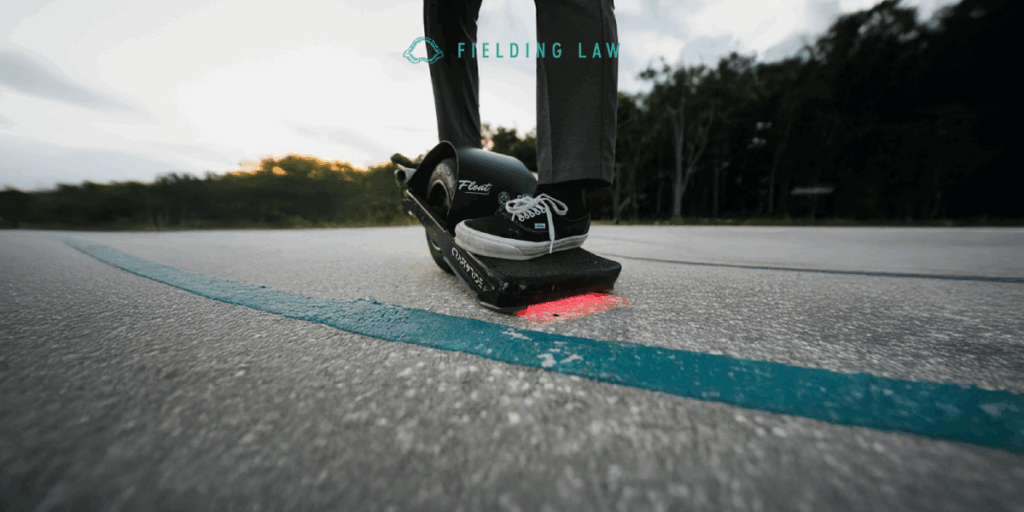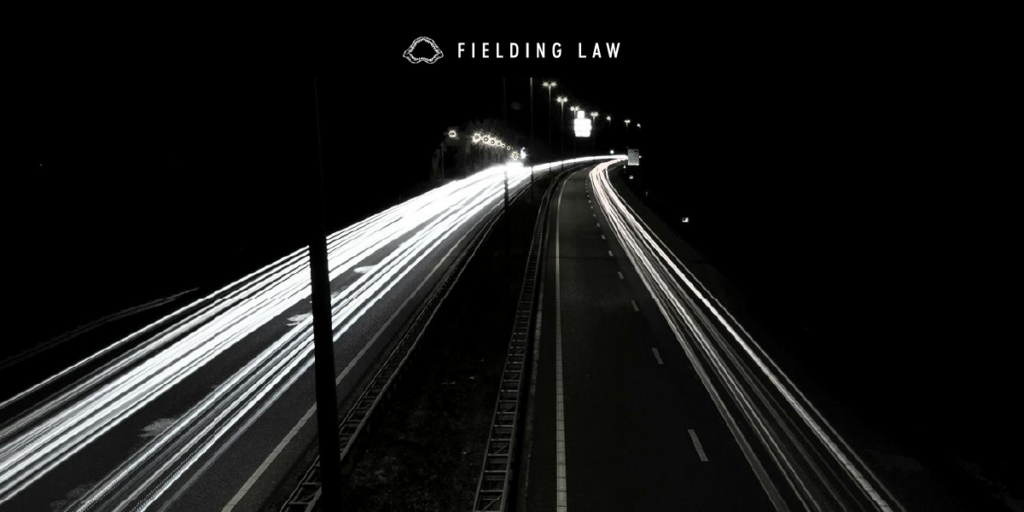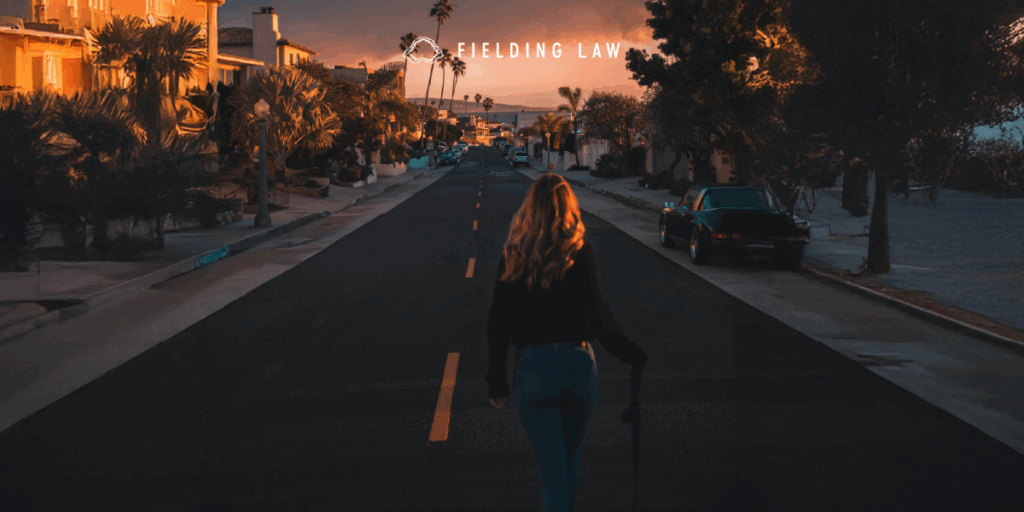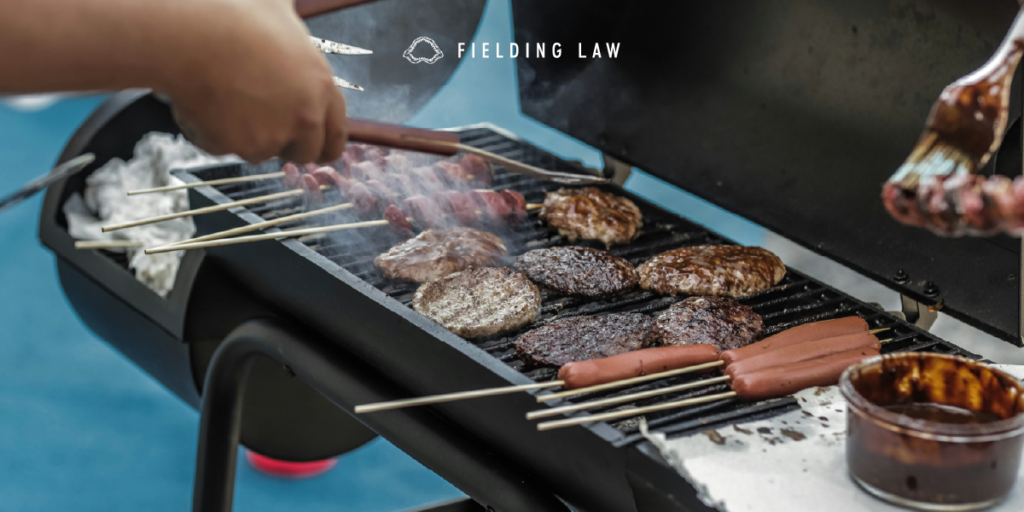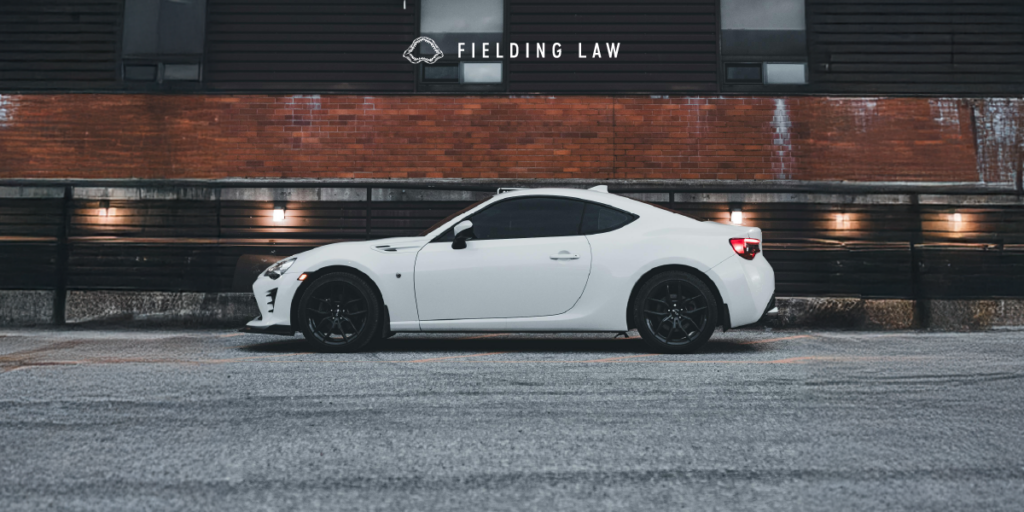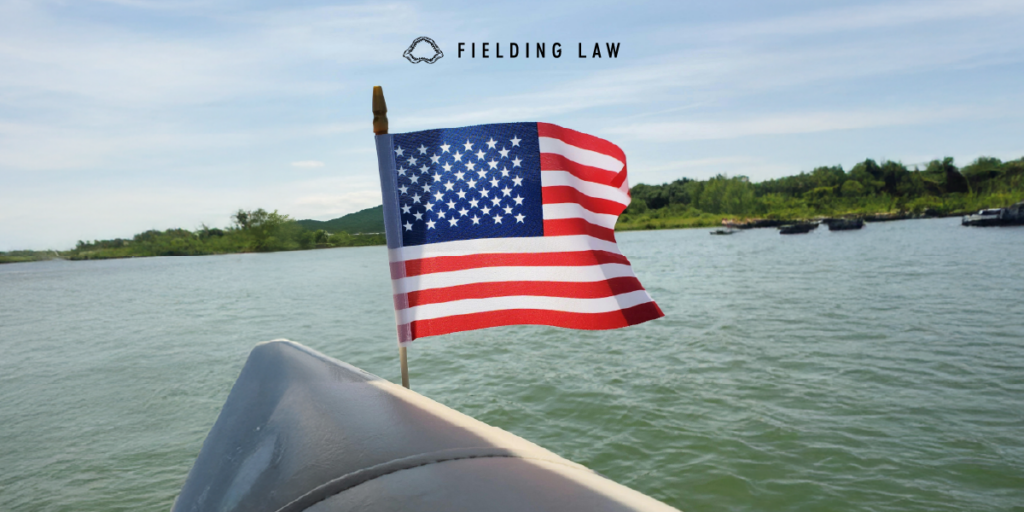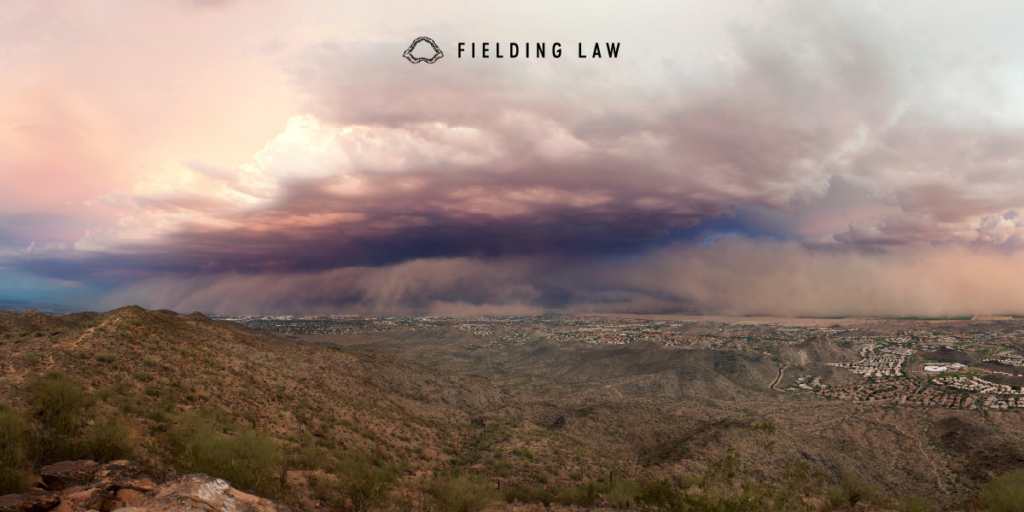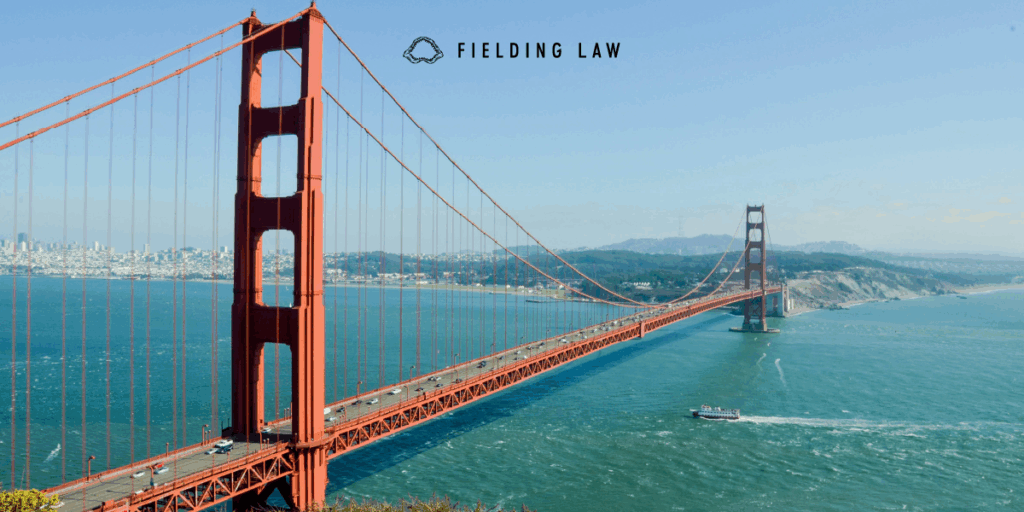
Understanding SB 82 and the New California Laws
Governor Gavin Newsom recently signed SB 82 and several related bills intended to reduce costs and strengthen protections for California families. These new laws address issues such as rental housing, unfair fees, and consumer rights. While they are not specific to personal injury, they can influence how injured Californians manage expenses and protect themselves financially during recovery.
How SB 82 and Related Laws May Help the Injured
1. Limits on Hidden Fees
SB 82 and other new laws restrict hidden or surprise charges added to purchases or services. For injured individuals, this could mean more transparent billing when using delivery, repair, or transportation services. Avoiding unexpected fees can make it easier to manage finances while focusing on recovery.
2. Stronger Tenant Protections
New housing-related laws require landlords to provide basic appliances like stoves and refrigerators in rental units and offer more flexibility when tenants face delayed government benefit payments. For someone injured and temporarily unable to work, these protections can help maintain housing stability while waiting for insurance or disability payments.
3. Easier Contract Cancellations
The updates also allow homeowners to cancel certain home improvement or repair contracts through email or phone. This change protects injured individuals from being trapped in costly agreements if their financial situation changes during recovery.
4. Broader Consumer Protections
California expanded existing consumer laws to make it harder for businesses to mislead or overcharge customers. Injured people, who may depend more heavily on outside services during recovery, gain stronger legal protection against unfair practices.
What This Means for Injury Victims
SB 82 California law 2025 does not directly change personal injury law, but it reflects a growing effort to protect residents from unexpected costs. For people coping with an injury, these safeguards can make recovery more manageable by reducing financial stress and improving access to fair treatment in housing and business transactions.
If you were injured due to someone else’s negligence, understanding your financial rights is only part of recovery. Legal representation can help ensure that you receive the full compensation you deserve.
Why Hire Fielding Law
At Fielding Law, we provide compassionate and capable legal help for those injured due to negligence in California and Arizona. Our team understands that recovery involves more than physical healing. Financial pressure, medical bills, and lost wages can make life overwhelming, and we are here to help you find stability and peace of mind.
Call 833.88.SHARK for a free consultation about your injury.
Note: Information provided is for educational purposes and does not constitute legal advice. Always consult with a qualified attorney for legal concerns.
